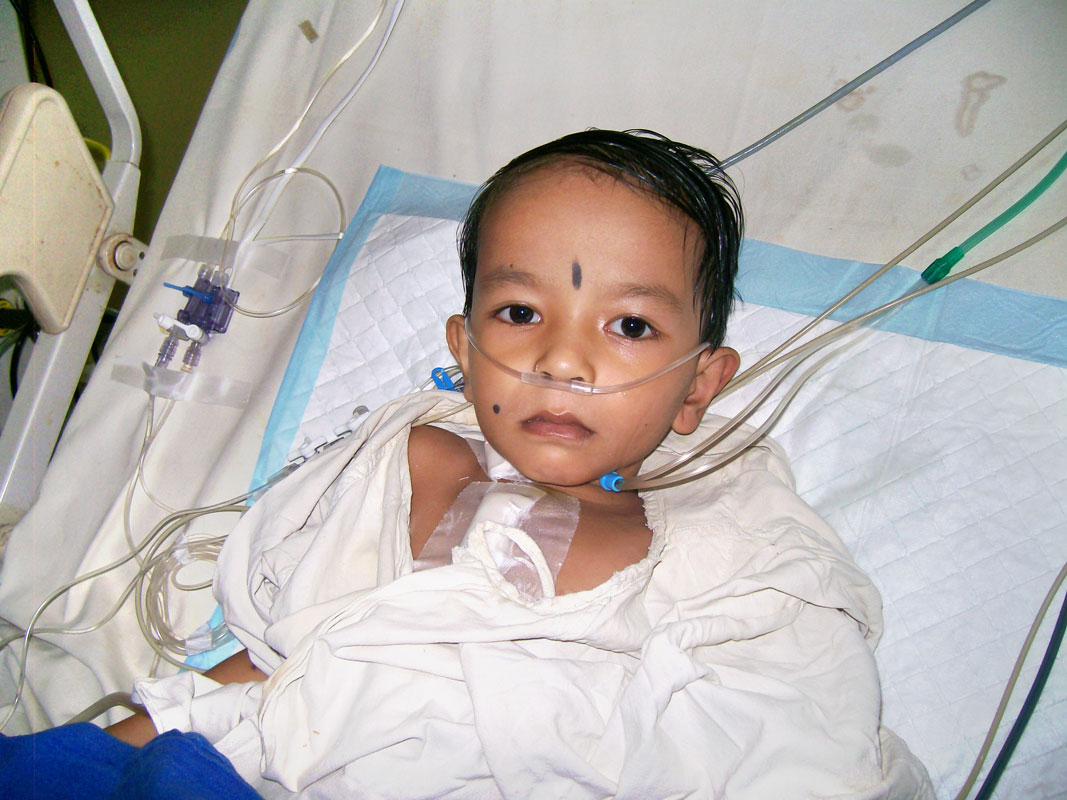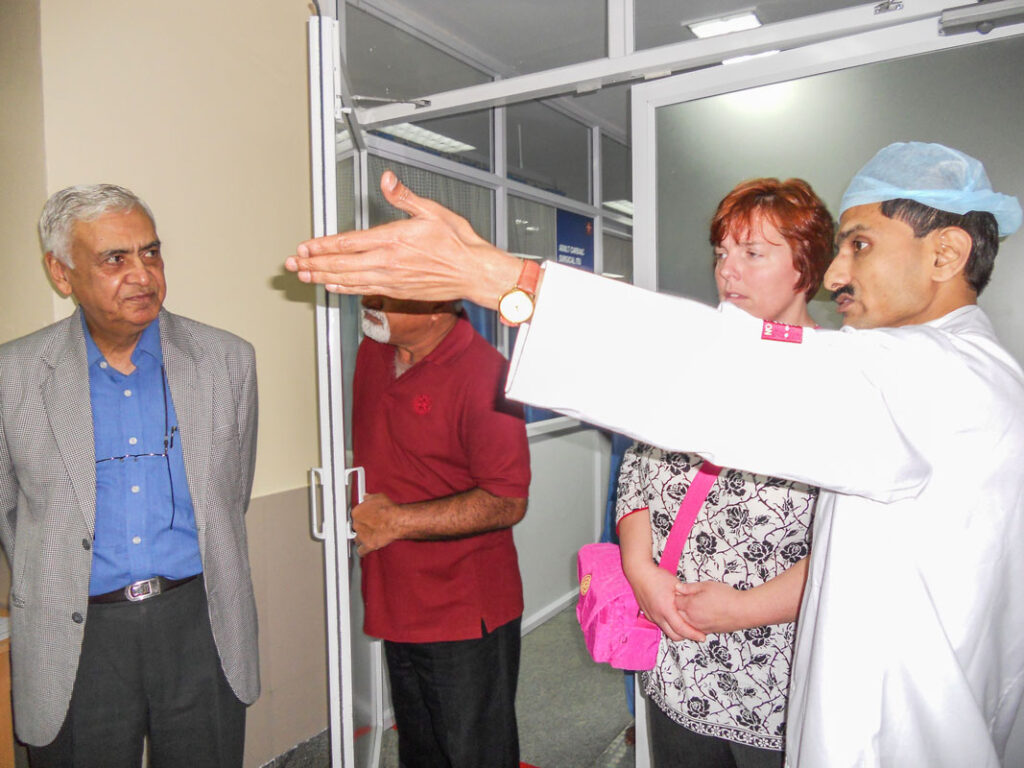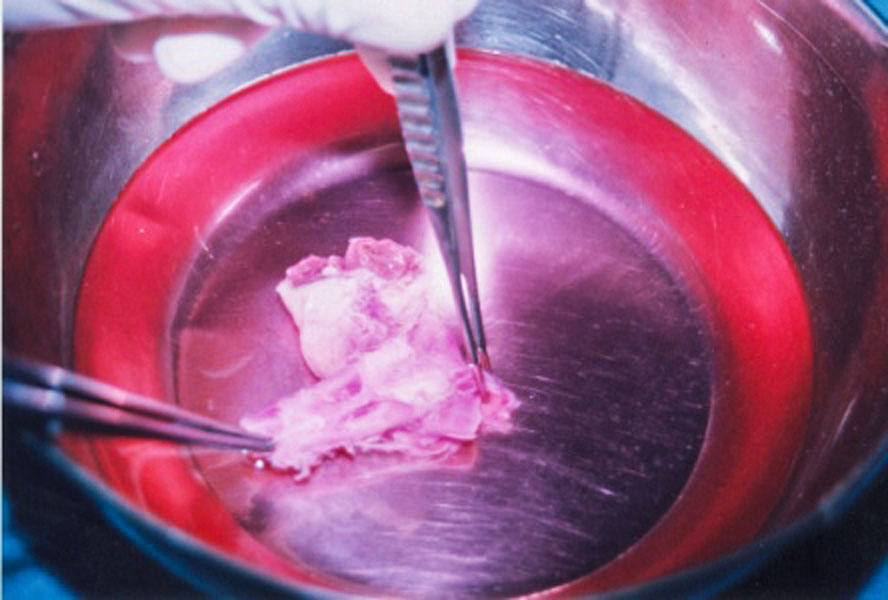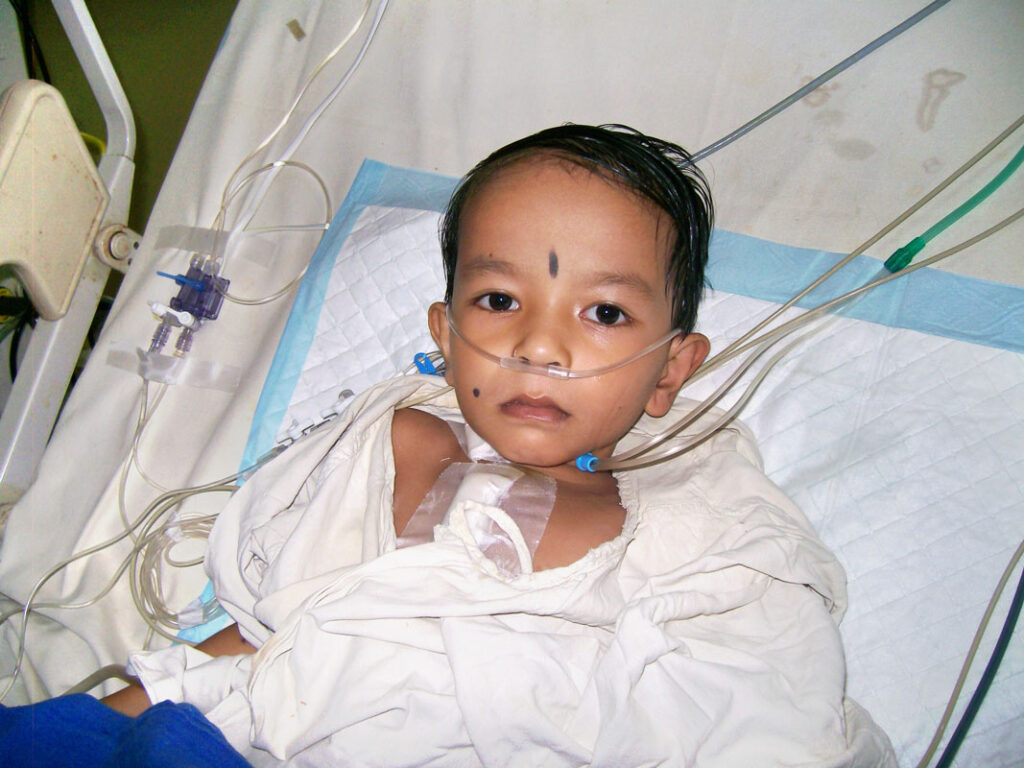He was only a child of nine, when, accompanied by his pregnant mother and two-year-old brother, was taken by the police in Lahore to the Railway Station. “It was Aug 13, 1947, our colony was burning and there was smoke and shouting and screaming everywhere. We had to run to safety and the police said we can only take you to only one place, the railway station,” recalls O P Khanna, a member of RC Bangalore Indiranagar, (RID 3190) since 1972. “The train was packed and people were hanging on to the roof. But because my mother was visibly pregnant and we were children, we were given space inside.” They reached Jalandhar safely, but it was nearly three weeks before his father, who was still in Lahore on that day and did not know they had left for India, came to know that his family was safe. He later joined them of course.

“This was the first instance when God was kind to me,” says the grateful Rotarian, recalling those petrifying moments from the Partition of the Indian subcontinent.
The second was when in 1998, while going for a UN assignment overseas, he had a heart attack, but fortunately could get the right treatment in time. So the man, and the child of nine who resides in him and who had come to India with “just three pairs of clothes”, wanted to set up a charity to return his debt to society. “My wife and children were very supportive and in 2001, I set up the Needy Heart Foundation (NHF) in association with the Manipal Hospital in Bengaluru, with the objective of helping save the lives of needy patients who required heart surgery,” he says
PRIP Rajendra Saboo, RIPE Shekhar Mehta and PRID Sushil Gupta have referred complicated heart surgeries from various places to the NHF and we have got the operations done successfully.
Twenty years into its existence, in August, the NHF had saved the lives of 10,000 people, who required heart surgery and but for his foundation, wouldn’t have been able to afford one. “But for this service to the community, I want to thank Rotarians in India as well as The Rotary Foundation, who have helped me in my mission.” Besides Indian patients, NHF has facilitated heart operations on patients from 12 countries, including Bangladesh, Pakistan, Nepal and Indonesia.
The seed money for the foundation, which approximately spends ₹25 to 30 lakh annually to help needy heart patients, came from his own earnings and donations from his immediate family members and relatives staying overseas, with some contribution coming in from a TRF grant and help from his own Rotary club.
Khanna is a graduate from IIT Kharagpur, a technocrat and an expert in machine tools and welding technology, who has set up his own business. “I was on the board of 14 companies and after my heart attack, had taken the pledge that all the sitting fees I get from these corporates would go to NHF.” It was a win-win for both the companies and he himself; the companies paid the director’s fee directly to NHF, and got tax exemption and he did not have to pay income tax on his earning from these companies, as it directly went to the charity, he explains.

So after putting in his earnings, and his family members’ contributions, he signed MoUs and struck partnerships with other NGOs and hospitals, which enabled surgery for poor patients at a reduced cost, without compromising on quality, with the funds coming from NHF.
Over the years, “even senior Rotary leaders such as PRIP Rajendra Saboo, RIPE Shekhar Mehta and PRID Sushil Gupta have referred complicated heart surgeries from Chandigarh, Delhi, etc, which could not be performed in those places for some reason, to the NHF and we have got the operations done successfully,” says Khanna. The NHF has four other NGOs as well as the Manipal Hospital as partners and “when we were discussing the setting up of NHF prior to 2001, famous heart surgeon Dr Devi Shetty (who now heads the Narayana Hrudayalaya in Bengaluru) was at the Manipal Hospital and though he has left that place, he continues to be one of our advisors.”
If we put an artificial or plastic valve in a child, it cannot expand as the child grows and will become useless after 4–5 years.
In 2006, the NHF launched another ambitious project — setting up a homogenous heart valves bank. An initiative of RC Bangalore Indiranagar, NHF and Manipal Hospital, this bank was set up at the Manipal Hospital, and the total investment in it is nearly ₹1 crore, says Khanna. For a part of the project, a TRF global grant for $43,112 was done, with the international partner of the Bangalore club being RC Elkhorn, Wisconsin, US.
Till now over 200 needy children have benefitted through cardiac surgery using human heart valves from this NHF bank. Khanna explains that this heart valve bank is exclusively for children “because if we put an artificial or plastic valve in a child, it cannot expand as the child grows and will become useless after 4–5 years.” Homografts are valve tissues harvested from either brain-dead donors or cadavers within 24 hours of death, but only if the donors are free from infection, malignancy and structural heart diseases. Normally aortic, pulmonary and mitral valves can be harvested, but these valves have to be processed and stored at about -180 degree centigrade. Because it requires such an extremely low temperature to store human heart valves, the storage cost varies between ₹10,000–15,000 for every valve.

Khanna says that these harvested valves can treat a significant proportion of complex heart diseases in both children and adults. “In fact, some of the heart problems in children cannot be treated if such homografts are not available. Even where some alternate valves and conduits are available in the market, they are very expensive and beyond the reach of common man.”
The need
Estimates put the number of children born every year in India with heart problems at around 150,000–200,000, “but only about 15,000–20,000 children get some type of surgical treatment. The rest slowly die for want of adequate funds or awareness. So we supply these valves and support the treatment of underprivileged cardiac patients, especially children and women, through our non-profit homograft heart valves bank.
The 200 children, whose hearts have been mended, underwent successful surgery at Manipal, Jayadeva, Narayana Hrudayalaya and other hospitals through this valve bank. At the time of writing — August end — about 50 homografts were available, and they can be stored in a proper homograft bank for upto 10 years.






